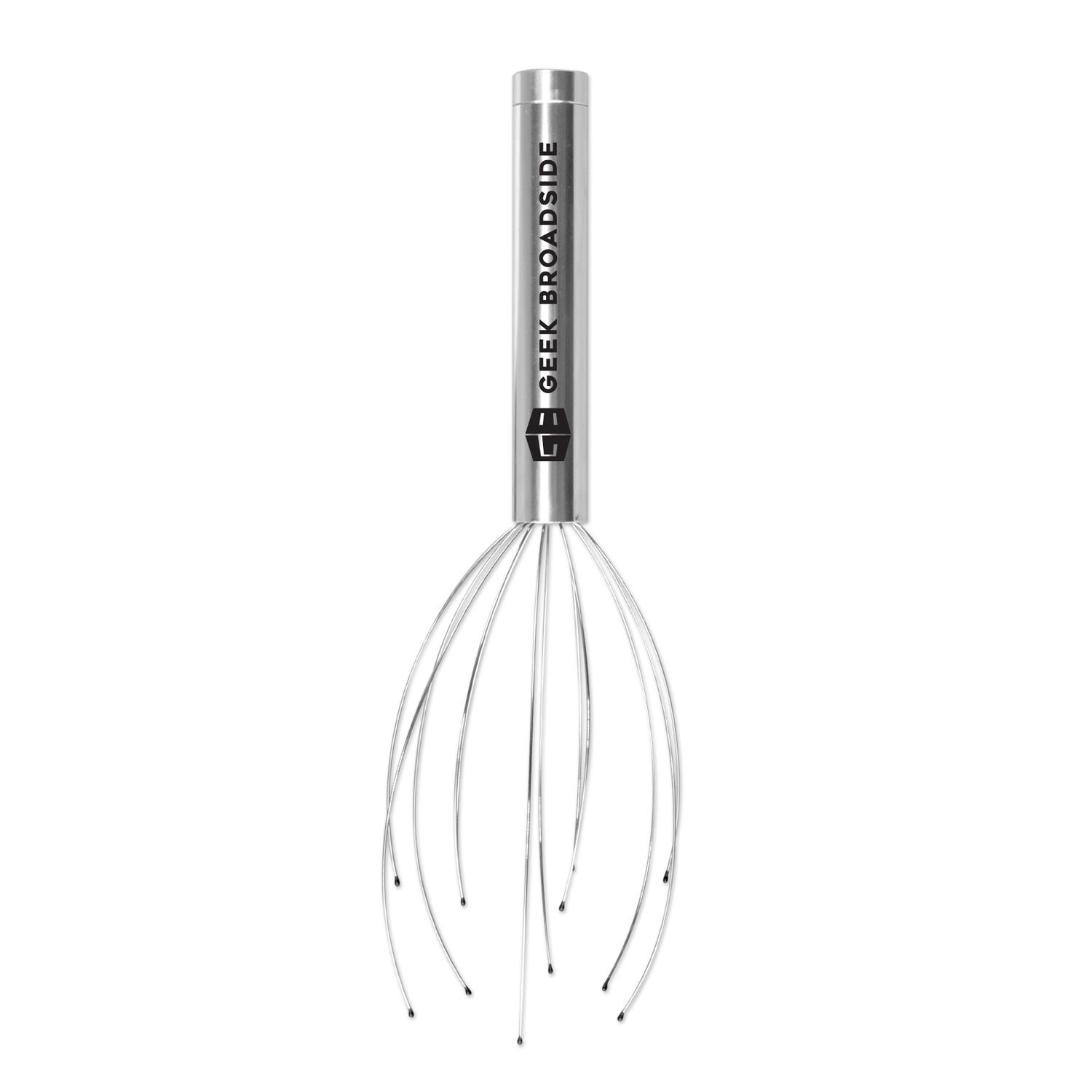A vibrating scalp can be a perplexing and uncomfortable experience for many individuals. Whether it's a temporary sensation or a recurring issue, understanding the underlying causes and available treatment options is crucial for effective management. This article delves into the science behind scalp vibrations, explores its potential triggers, and provides actionable advice to help alleviate discomfort.
While the sensation of a vibrating scalp might seem unusual, it is often linked to neurological, dermatological, or psychological factors. As we navigate through this comprehensive guide, we aim to demystify the condition and offer practical solutions for those dealing with this phenomenon.
By the end of this article, you will have a clear understanding of what causes a vibrating scalp, how to identify related symptoms, and the steps you can take to address the issue effectively. Let’s begin by exploring the fundamentals of scalp vibrations.
Read also:Was Lane Frost Married Exploring The Life And Legacy Of A Rodeo Legend
Table of Contents
- What is Vibrating Scalp?
- Common Causes of Scalp Vibrations
- Identifying Symptoms of Vibrating Scalp
- Diagnosing Scalp Vibrations
- Treatment Options for Vibrating Scalp
- Lifestyle Changes to Manage Scalp Vibrations
- Associated Medical Conditions
- Psychological Factors and Their Impact
- Preventing Scalp Vibrations
- Conclusion and Next Steps
What is Vibrating Scalp?
A vibrating scalp refers to an unusual sensation experienced on the scalp, often described as tingling, buzzing, or vibrating. This sensation can vary in intensity and frequency, affecting individuals differently. While it may not always indicate a serious medical condition, persistent scalp vibrations warrant attention and proper evaluation.
Understanding the mechanisms behind scalp vibrations involves examining the interaction between nerve endings, skin layers, and external stimuli. The scalp is densely populated with sensory nerves, making it highly responsive to various triggers, including stress, hormonal changes, or even certain medications.
In this section, we will explore the basics of scalp vibrations, including how they occur and why they might affect some individuals more than others.
Common Causes of Scalp Vibrations
Neurological Factors
Neurological conditions such as peripheral neuropathy, migraines, or even nerve damage can contribute to scalp vibrations. These conditions affect the nervous system, leading to abnormal sensations in the scalp area.
Dermatological Triggers
Skin-related issues, such as dermatitis, psoriasis, or folliculitis, can also cause scalp vibrations. Inflammation or irritation of the scalp can stimulate nerve endings, resulting in tingling or buzzing sensations.
Hormonal Changes
Hormonal fluctuations, particularly during pregnancy, menopause, or thyroid disorders, can influence scalp sensitivity. These changes may lead to altered nerve activity, causing scalp vibrations.
Read also:Noor Alfallah Religion Understanding Her Faith And Spiritual Journey
Identifying Symptoms of Vibrating Scalp
Recognizing the symptoms of a vibrating scalp is essential for accurate diagnosis and appropriate treatment. Common signs include:
- Tingling or buzzing sensations
- Itching or irritation on the scalp
- Increased sensitivity to touch
- Occasional numbness or discomfort
While these symptoms can vary in intensity, they often point to underlying issues that require further investigation.
Diagnosing Scalp Vibrations
Accurate diagnosis of scalp vibrations involves a thorough evaluation by a healthcare professional. This process typically includes:
- A detailed medical history review
- Physical examination of the scalp
- Neurological assessments
- Diagnostic tests, such as MRI or blood work, if necessary
By identifying the root cause, healthcare providers can recommend tailored treatment plans for effective symptom management.
Treatment Options for Vibrating Scalp
Medications
In some cases, medications targeting nerve activity or inflammation can alleviate scalp vibrations. Examples include:
- Topical creams for skin-related issues
- Anticonvulsants or antidepressants for neuropathic pain
- Hormonal therapies for hormonal imbalances
Alternative Therapies
Complementary treatments, such as acupuncture, massage therapy, or herbal remedies, may provide additional relief for individuals with scalp vibrations. These approaches focus on promoting relaxation and reducing nerve irritation.
Lifestyle Changes to Manage Scalp Vibrations
Adopting healthy lifestyle habits can significantly reduce scalp vibrations. Consider the following tips:
- Maintain a balanced diet rich in vitamins and minerals
- Practice stress-reducing techniques like meditation or yoga
- Avoid harsh chemical products on the scalp
- Stay hydrated and get adequate rest
These simple changes can enhance overall scalp health and minimize uncomfortable sensations.
Associated Medical Conditions
Scalp vibrations may sometimes be linked to more serious medical conditions. Examples include:
- Multiple sclerosis
- Trigeminal neuralgia
- Diabetes-induced neuropathy
Early detection and management of these conditions are vital for preventing complications and improving quality of life.
Psychological Factors and Their Impact
Stress and Anxiety
Mental health issues, such as chronic stress or anxiety, can exacerbate scalp vibrations. The mind-body connection plays a significant role in how we perceive and respond to physical sensations.
Psychosomatic Symptoms
In some cases, scalp vibrations may stem from psychosomatic origins, where emotional distress manifests as physical symptoms. Addressing underlying psychological factors through counseling or therapy can be beneficial in these situations.
Preventing Scalp Vibrations
Prevention is key to managing scalp vibrations effectively. Implementing the following strategies can help minimize the occurrence of this condition:
- Regular scalp care routines
- Avoiding excessive use of electronic devices
- Engaging in regular physical activity
- Seeking professional advice for persistent symptoms
By taking proactive steps, individuals can reduce the likelihood of experiencing scalp vibrations and maintain optimal scalp health.
Conclusion and Next Steps
A vibrating scalp, while often benign, can significantly impact one's well-being if left unaddressed. Understanding its causes, recognizing symptoms, and exploring treatment options are critical steps toward effective management. If you or someone you know is experiencing scalp vibrations, consult a healthcare professional for personalized guidance.
We encourage readers to share their experiences or ask questions in the comments section below. Additionally, feel free to explore other articles on our platform for further insights into scalp health and wellness.
References:
- Mayo Clinic. (2023). Peripheral Neuropathy. Retrieved from https://www.mayoclinic.org
- Harvard Health Publishing. (2022). Scalp Conditions and Treatments. Retrieved from https://www.health.harvard.edu
- WebMD. (2023). Neurological Disorders and Symptoms. Retrieved from https://www.webmd.com


